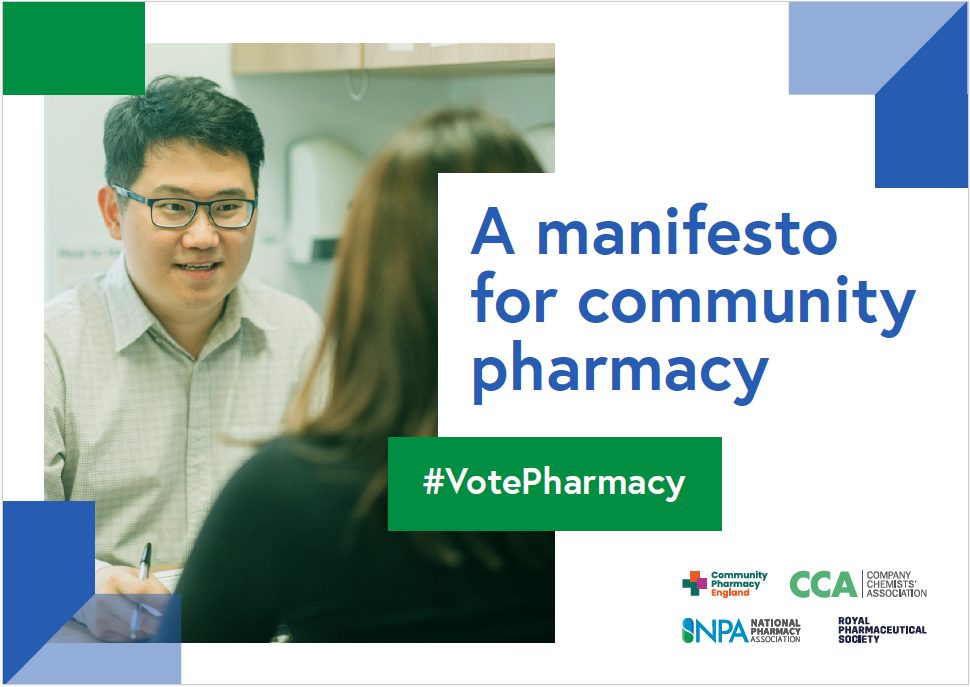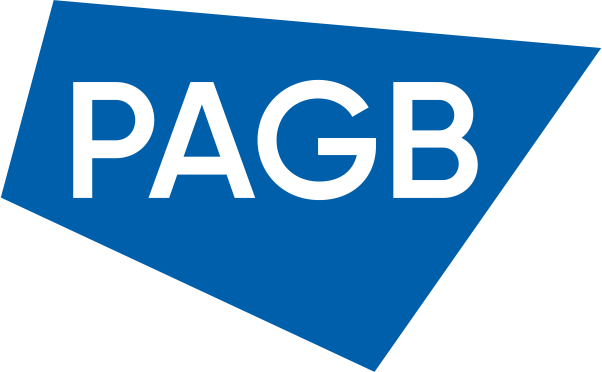ICS case studies
Published on: 1st February 2022 | Updated on: 15th March 2022
The following case studies demonstrate how LPCs can positively engage with their local Integrated Care System (ICS) on behalf of their contractors.
ICS Case Study: Somerset
Community pharmacy in Somerset has made significant progress regarding integration at the system level with their ICS.
Through meetings with their local Clinical Commissioning Group (CCG), Somerset LPC obtained considerable funding for the areas 13 Pharmacy Primary Care Network (PCN) leads. This funding has been used to enhance the PCN leads training and development: every month, each PCN lead spends a day with an assigned LPC mentor.
Somerset LPC also works closely with their PCN via the Somerset PCN Network, whose leader is in regular contact with the LPC, and sits on the Primary Care Board (PCB), which represents the views of Primary Care providers on the ICS.
The increased system-level working between community pharmacy and the CCG at the PCN level benefits local contractors in terms of funding, with 50% of the LPC’s revenue to support contractors now system-level funding and a Somerset based pharmacy integration fund for local initiatives likely in the future.
The NHS in Somerset also benefits from the improved system-level collaboration. For example, the high uptake by Somerset’s GP surgeries of the GP Community Pharmacist Consultation Service (GP CPCS) is partly the result of the funding allocated by the CCG to the LPC to educate surgeries (along with pharmacy contractors) on the practicalities of GP CPCS and its benefits for the population’s health.
The most important group to benefit from this enhanced system-level working will be patients. Working with the PCN, Somerset LPC has been granted £50,000 to improve digital interoperability between community pharmacy and the other primary care providers within the ICS. As a result of this funding, Somerset’s pharmacies will have access to patients’ medical records before the end of 2021/22, enabling them to make more reasoned clinical decisions for their patients.
When asked the key to pursuing system-level integration, the Chief Officer for Somerset LPC commented that:
A positive attitude towards the transition to ICS is critical. With such an attitude, LPCs should approach their local CCGs and PCN(s) with the mindset that community pharmacy wants to support the system and find out where integration is currently as well as where pharmacy can play a productive role. To this effect, Somerset LPC produced a strategy paper for their ICS board, defining the role of community pharmacy and outlining the case for closer integration between community pharmacy and the other local providers of primary care.
ICS Case Study: Greater Manchester
Community pharmacy in Greater Manchester (GM), like Somerset, has made considerable progress regarding integration at the system level with their ICS (currently referred to as the GM Health and Social Care Partnership).
Unlike Somerset, GM consists of many PCNs, of which 58 sit within the footprint of Greater Manchester LPC (GM LPC). GMLPC has established good working relationships with the Community Pharmacy PCN Leads within its footprint and works closely with them. For example, all Community Pharmacy PCN Leads are invited to the Locality Leaders Network: a bi-monthly meeting of GM’s PCN Clinical Directors, GM system leaders and the Greater Manchester Health and Social Care Partnership (GMHSCP) Primary Care Team: at which GMLPC helps shape the programme of discussion and provides support.
GMLPC also founded a PCN subgroup to improve community pharmacy/PCN collaboration further. This subgroup is responsible for developing and supporting integrated working within PCNs and helped drive above-average contractor compliance with the 2020/21 Pharmacy Quality Scheme (PQS) and the rollout of the GP Community Pharmacist Consultation Service (GP CPCS) across GM.
In addition to the above, GMLPC facilitates introductions between community pharmacy contractors, pharmacy PCN Leads, PCN Clinical Directors and other Primary Care colleagues, thereby supporting the development of professional relationships that will strengthen the voice of community pharmacy within the emerging ICS. Most recently, GMLPC held an ICS strategy day, to which organizational system leads across the area were invited.
In partnership with the GMHSCP Primary Care team, community pharmacy in GM also has its own discipline board. The Community Pharmacy Provider Board (CPPB), as it is known, is comprised of representatives from GMLPC, Bolton LPC, GM ICS, the 58 PCNs and more. Representatives from the CPPB sit on the wider GM Primary Care Board (PCB). The PCB works to enable transformation at locality and GM level and offers clinical, sector-specific insights to aid strategic decision making.
Members of the PCB have already led on key transformation programmes. For instance, the GP Excellence Programme (GPEx): a strategic partnership between the Royal College of General Practitioners (RCGP) and GM ICS to coordinate and deliver support to general practices across the area, is to incorporate insights from across the different disciplines in primary care and be renamed the Primary Care Excellence Programme because of the work of the PCB.
Recently, the CPPB submitted proposals to GM ICS to support the adoption of a single commissioning framework for GM. Such a framework would assist the implementation of nationally agreed Advanced Services and standardize the commissioning of local services, helping improve access to services for GM residents, address local health inequalities, and reduce unwanted variation in care.
The enhanced system-level working benefits the NHS in GM as well as patients. The better utilization of the Community Pharmacy workforce eases pressure on wider primary care services and reduces the duplication of work between localities.
Due to the enhanced system cooperation in GM, access to PCR testing, staff vaccinations and PPE have all been secured locally before national offerings were made available. Funding for Community Pharmacy Leadership training has also been secured, and bids have now been submitted to support community pharmacy workforce development and retention.
Reflecting on the key to pursuing system-level integration, the Chief Officer of GM LPC commented:
“Building good working relationships with system leaders has been critical to establishing the foundation for integrated working between stakeholders within the ICS. These relationships ensure the system recognizes the expertise of community pharmacy and properly utilizes this expertise in a way that produces positive outcomes for contractors, the NHS, and patients.











